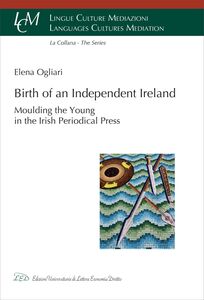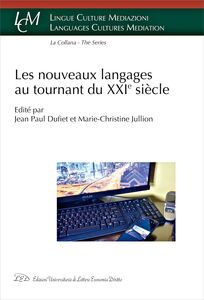
This book explores the discourse of authenticity on the popular social media platform YouTube. It investigates how popular users negotiate their identity and discursively portray themselves as authentic in their videos. In so doing, it adds to the development of new perspectives on social media communication and offers an outlook on issues concerning the complexities of contemporary identity practices. Starting from the premise that authenticity is a discursive construction, the study adopts a linguistics-based approach and relies on a hybrid methodological toolkit that draws on the analytical tools provided by Social Media Critical Discourse Studies (SM-CDS), a newly-introduced framework comprised of different but interconnected levels of description. The volume presents three case studies which investigate the discursive and rhetorical strategies used by well-known users in order to come across as authentic. Videos produced by popular content creators belonging to different communities of practice (scientists, stay-at-home mothers, and makeup artists) are explored. The analysis reveals that they share a common set of identity characteristics, a common core of authentic traits famous YouTubers conventionally display to discursively depict themselves as genuine and credible.
Dettagli libro
-
Editore
-
Testo originale
Sì -
Lingua
Inglese -
Data di pubblicazione
-
Numero di pagine
148 -
Argomento
-
Collana
Sull'autore
Giorgia Riboni
Giorgia Riboni holds a PhD in English Studies and is currently working as a Lecturer at the University of Milan. Her main research interests lie in web-mediated communication. Her research is characterized by a methodological approach based on discourse analysis integrated with quantitative investigation in the tradition of corpus linguistics. Her publications include the volume Nuovi media e discorso politico. I blog nelle elezioni presidenziali americane [New Media and Political Discourse. Blogs in US Presidential Elections] (2014) and the journal article “Representation of Knowledge about Opioids between criminalization and Medicalization” (2020).






